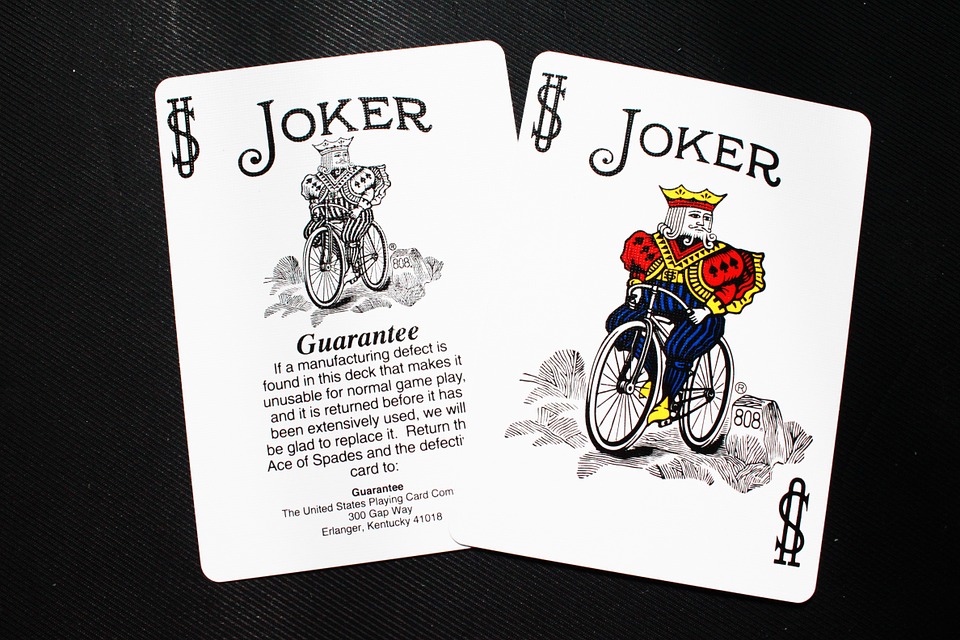![Captain Lawrence Oates during the British Antarctic Expedition of 1911-1913, By Herbert Ponting [Public domain], via Wikimedia Commons](https://www.myenglishlanguage.com/wp-content/uploads/2017/11/Captain-Lawrence-Oates1.jpg) An English academic has claimed that many English adverbs are falling out of common usage. The classic understatement of English speakers means our language has always been peppered with phrases such as ‘rather difficult’, ‘quite likely’, ‘awfully expensive’ and ‘terribly sad’.
An English academic has claimed that many English adverbs are falling out of common usage. The classic understatement of English speakers means our language has always been peppered with phrases such as ‘rather difficult’, ‘quite likely’, ‘awfully expensive’ and ‘terribly sad’.
These trademark English expressions are under threat as we are doing away with gradable adverbs. Not only this, many traditional English words are being eroded by an influx of Americanisms. So does this mean the end for gradable adverbs and classic British understatement? Quite possibly… Continue reading







